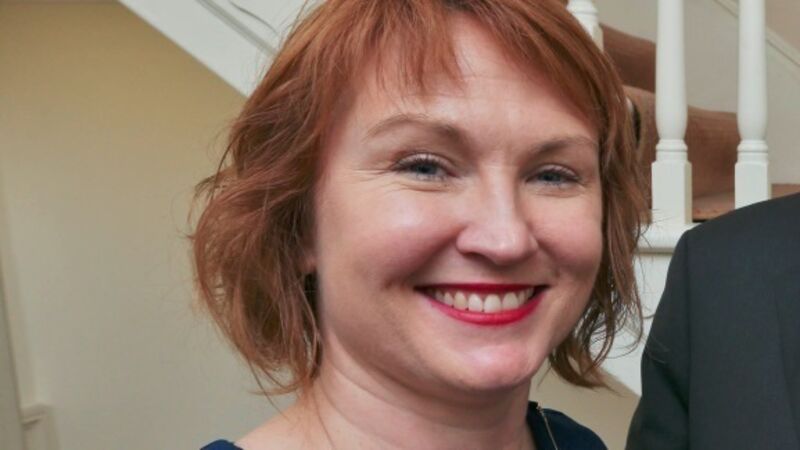Call to legally recognise transgender under-18s

The request comes on the one-year anniversary of the Gender Recognition Act commencing; the legislation allows transgender people aged 18 or over to have their gender legally recognised.
The Transgender Equality Network Ireland and national youth LGBT organisation BeLonGTo now want the legislation to be extended to those under the age of 18.













